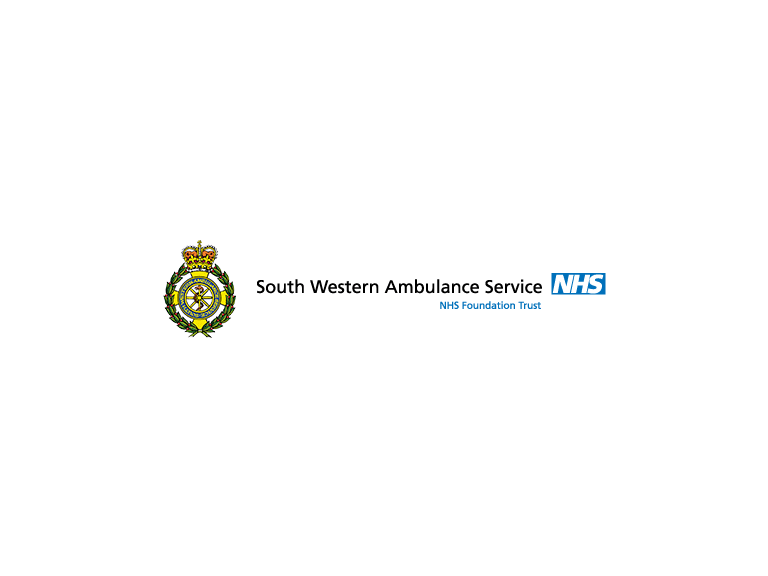
On 542 of these occasions the Trust has had the added challenge of finding the right address and location – these include the incorrect location being given by the caller, an error by the call-handler and satellite navigation problems. This is not just a problem for SWASFT but a national issue for police, fire and ambulance.
We would like to reassure the public that the number of incorrect addresses is very small compared to the total number of calls, only amounting to 0.02% of all urgent and emergency calls dealt with by the Trust in the last five years.
Mr Wells from St Austell contacted the Trust to say: “Frankly I think you should be congratulated on such a high success rate.”
The Trust is committed to learning and continuously improving the service we provide and this means that the number of incorrect addresses is steadily decreasing.
Our computer systems are now automatically able to locate callers from most landlines, which means on many occasions we can get an ambulance on its way before we’ve even spoken to you.
We have introduced further refresher training for our call-handlers to ensure they have all the necessary support and skills to gain as much location information as possible, even while handling the most distressing and traumatic calls.
Our control room maps are updated every three months (with additional manual updates when information is received from local councils). We also ensure our satellite navigation systems are updated on a monthly basis to support our frontline staff and enable them to get to the right place in the right time.
How can you help us find you?
It is really important that callers give us as much information about addresses and locations as possible – especially in the more rural areas where there may not be road names. If you know your house is difficult to find, please give us any landmarks that will help us get to you as quickly as possible.
Please make sure your house name or number is visible and obvious from the road (and not being concealed by foliage).
For children or anyone with an impaired memory it is advisable to keep a note by the telephone with the full address on.
Where possible, have someone looking out for the ambulance to flag them down by waving as soon as they arrive – from a safe position.
During the hours of darkness, if possible, turn on any outside lights to make the house more obvious.
All these things will help us give you the right care in the right place at the right time.
Hi, I am Dave, I run thebestof Exeter along with my colleagues. If you want to promote your business or event, get in touch with us on 01392 349 130.
The following Cookies are used on this site. Users who allow all the Cookies will enjoy the best experience and all functionality on the site will be available to you.
You can choose to disable any of the Cookies by un-ticking the box below but if you do so your experience with the Site is likely to be diminished.
In order to interact with this site.
To show content from Google Maps.
To show content from YouTube.
To show content from Vimeo.
To share content across multiple platforms.
To view and book events.
To show user avatars and twitter feeds.
To show content from TourMkr.
To interact with Facebook.
To show content from WalkInto.